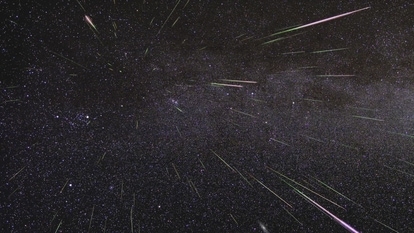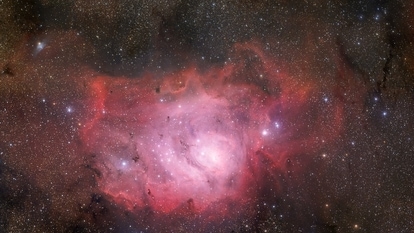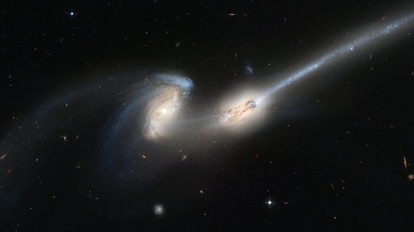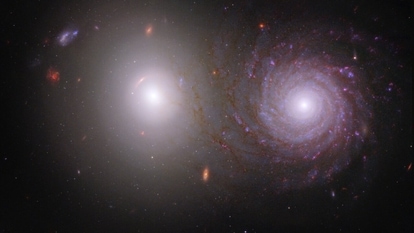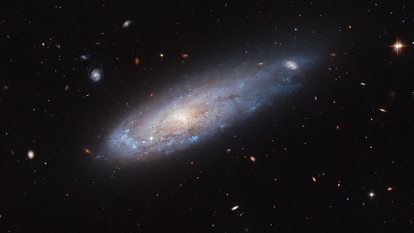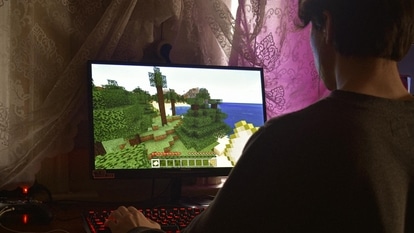Not one asteroid strike but an asteroid bombardment on Earth killed dinosaurs; SHOCKING revelation
According to a shocking new study, what made the dinosaurs go extinct was not a single asteroid, but a virtual asteroid bombardment on planet Earth. Know the evidence found and how it changes the existing theory.
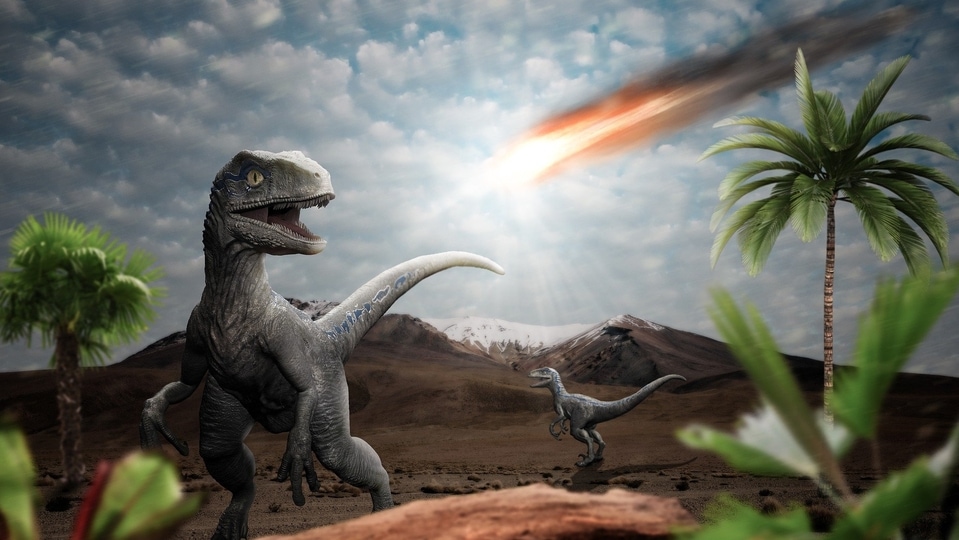
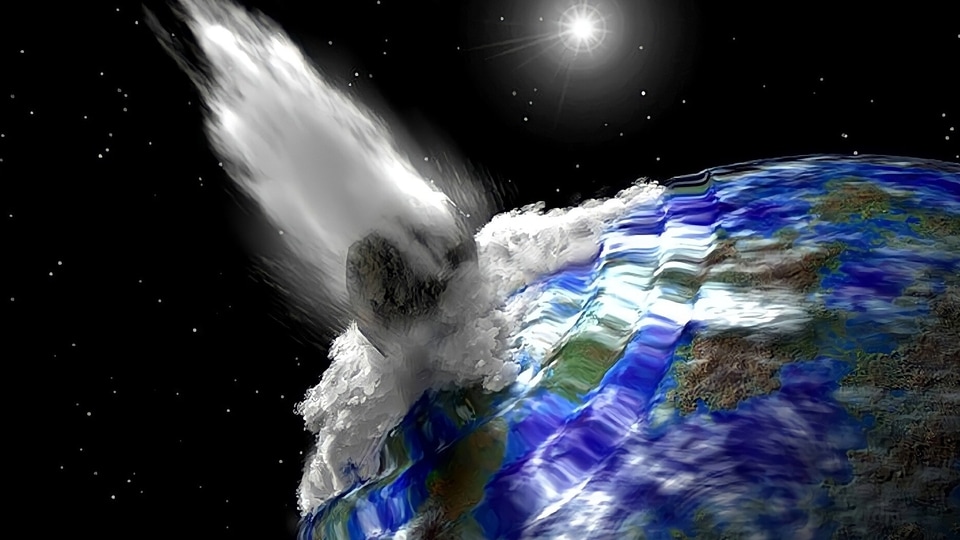
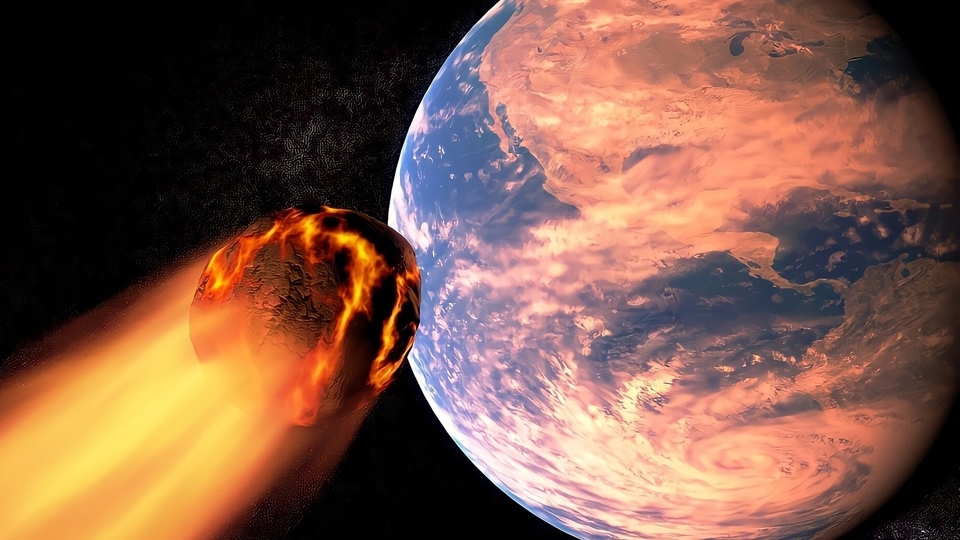
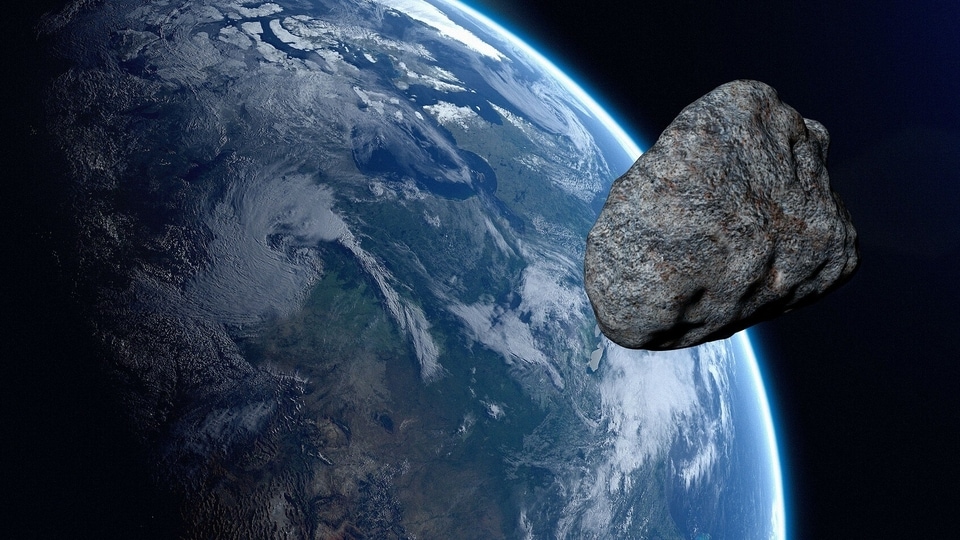
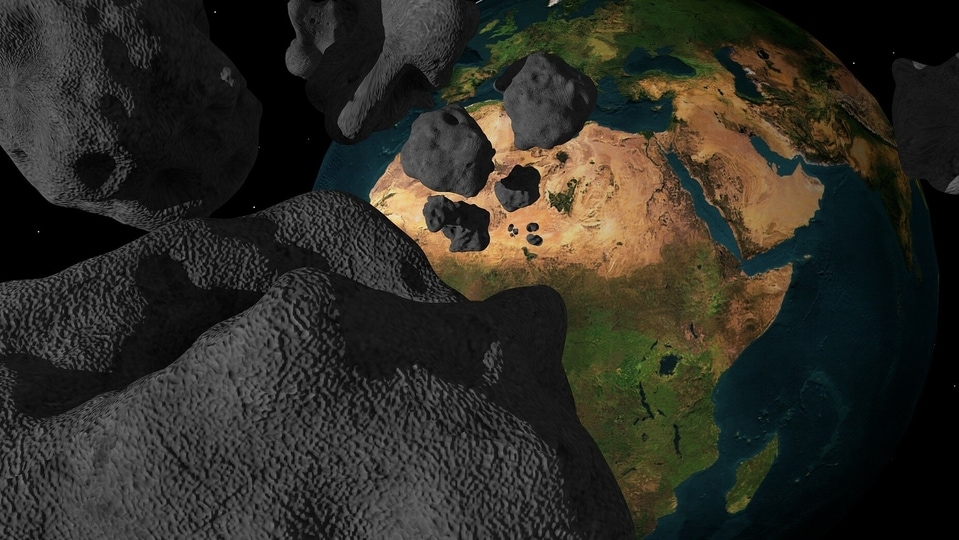
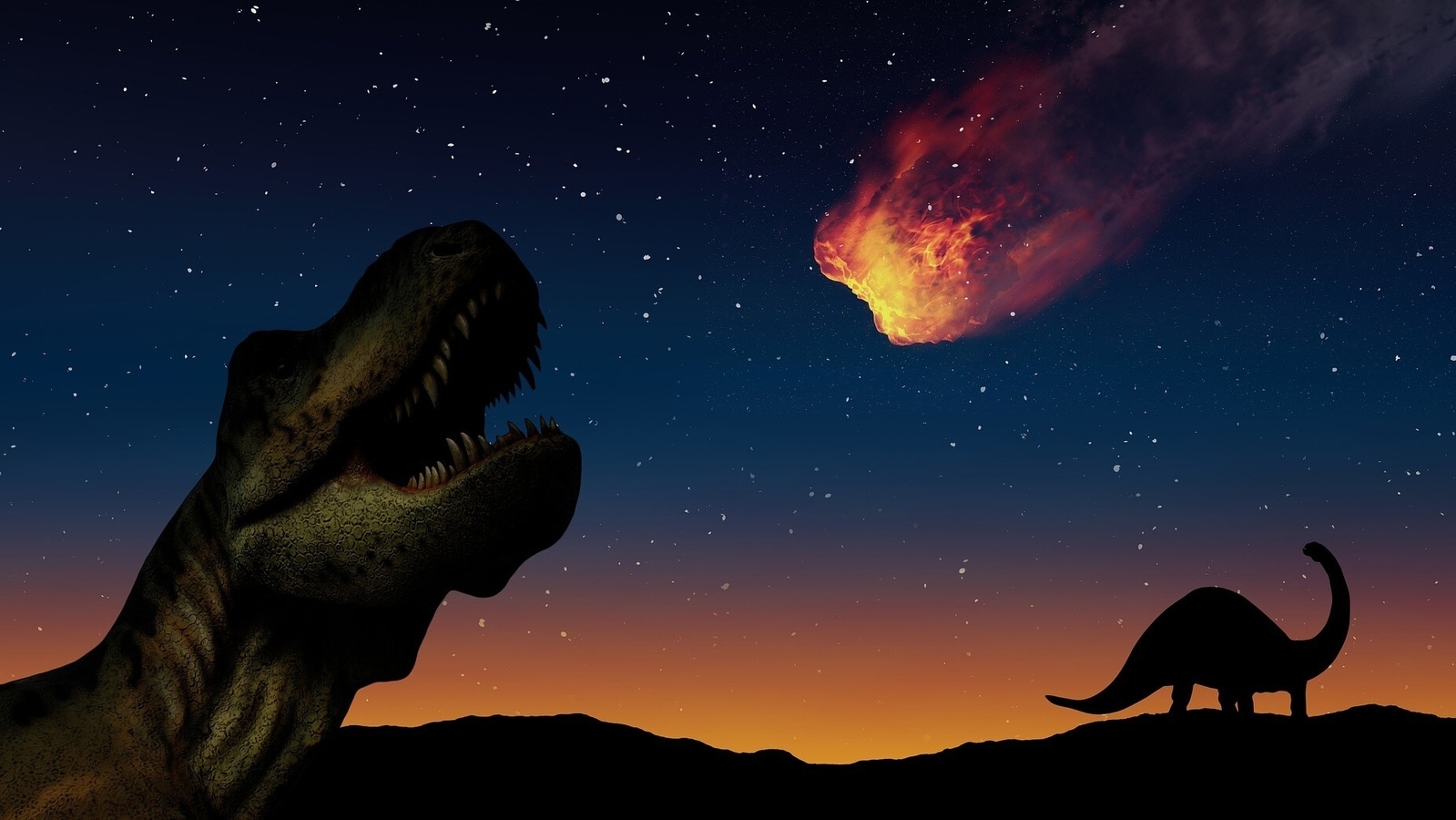
 View all Images
View all ImagesEverything we know about dinosaur extinction is set to change, due to a new study! Since our childhood, we have been taught that one gigantic (about 10 kilometers wide) asteroid was responsible for the cataclysmic event that brought dinosaurs to extinction. But now, a group of scientists have found evidence of another asteroid crater that was made around the same time the dinosaur-killing Chicxulub asteroid struck our planet. This has now made the researchers believe that there could be more such craters and dinosaur extinction might have been caused by multiple asteroids bombarding Earth.
This evidence has been brought to light by a new study which has shared the findings of the researchers who studied the Nadir crater located offshore West Africa. They have discovered an asteroid impact crater underneath the North Atlantic Ocean. This crater, 8 kilometers in diameter, has been estimated to be around 66 million years old by the researchers, which puts it right around the time the dinosaur extinction event occurred.
Asteroid rain might have been the cause for dinosaur's demise, finds study
The crater has been named Narid crater, after a nearby seamount. It is located 400 meters below the seabed off the coast of Guinea. This is far but not extraordinarily far from the original impact crater in Mexico. This has led to the researchers believing that the Earth was not caught up in an extremely rare asteroid shower, but resulted in the original asteroid breaking down into pieces and striking the Earth at the same time in different locations.
“This would have generated a tsunami over 3,000 feet high, as well as an earthquake of more than magnitude 6.5. Although it is a lot smaller than the global cataclysm of the Chicxulub impact, Nadir will have contributed significantly to the local devastation. And if we have found one ‘sibling' to Chicxulub, it opens the question: Are there others”, Veronica Bray, a research scientist in the University of Arizona Lunar and Planetary Laboratory and co-author of the study, told SciTechDaily.
Catch all the Latest Tech News, Mobile News, Laptop News, Gaming news, Wearables News , How To News, also keep up with us on Whatsapp channel,Twitter, Facebook, Google News, and Instagram. For our latest videos, subscribe to our YouTube channel.





